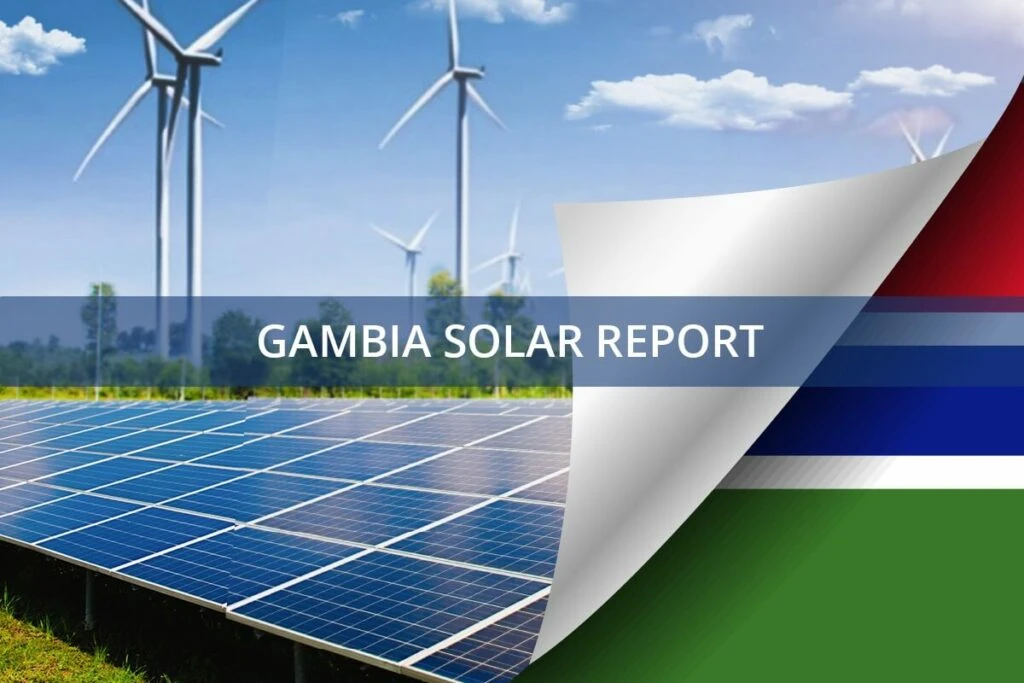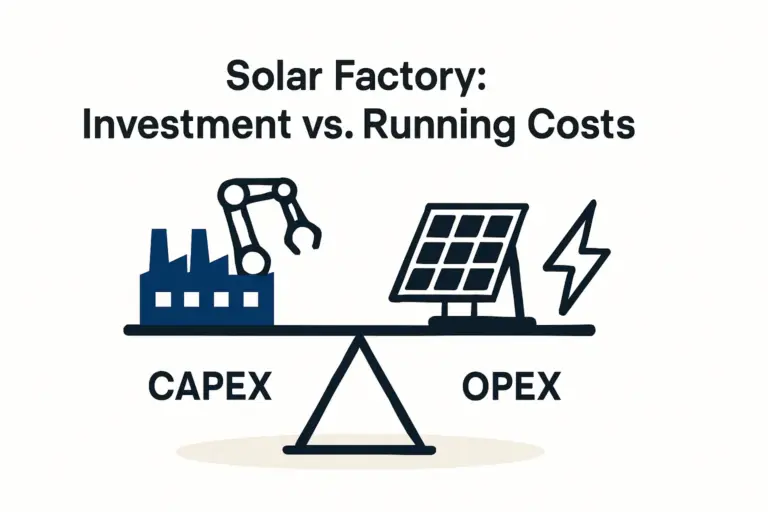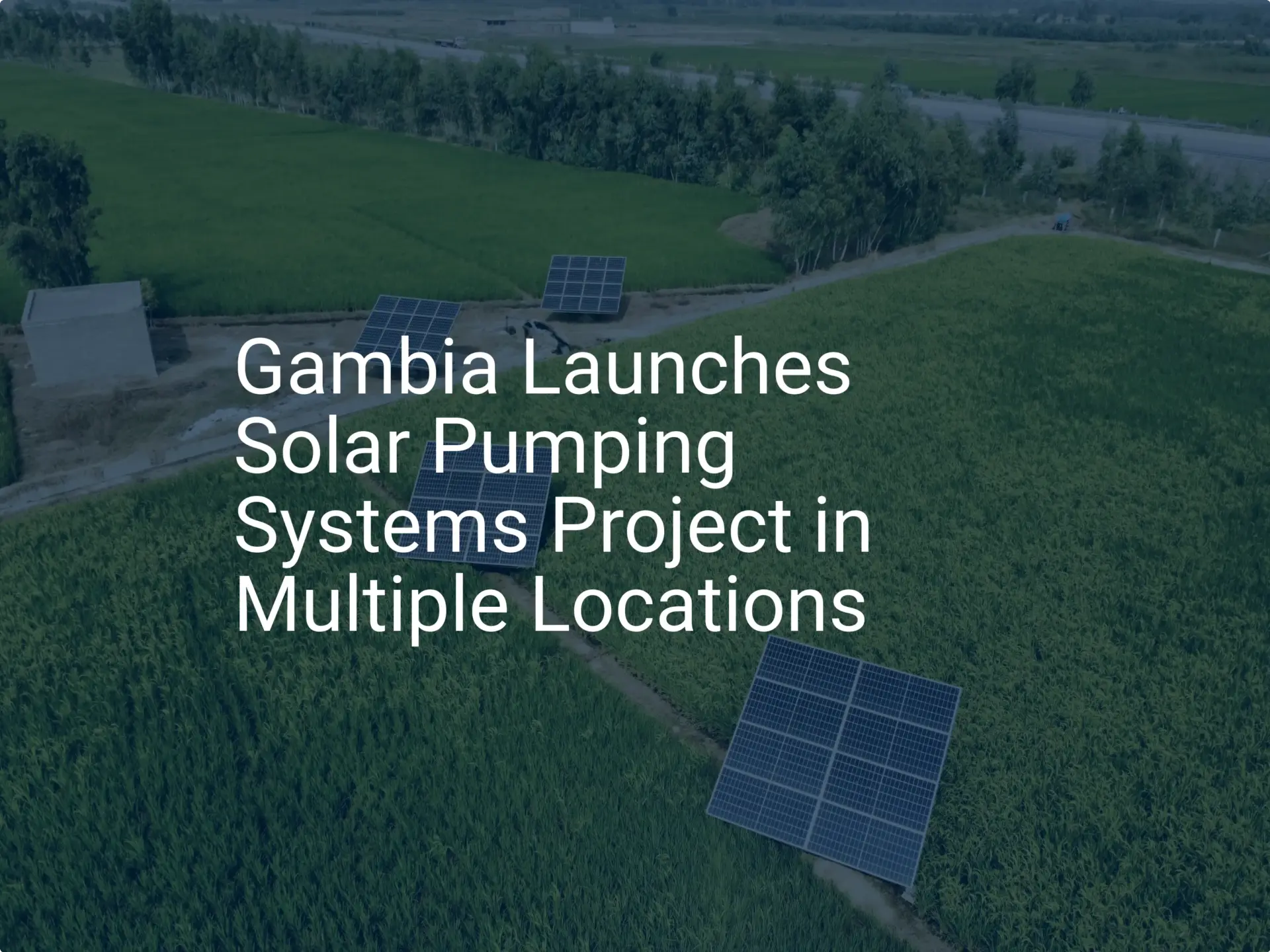A hotel manager on the Gambian coast reviews his monthly expenses, noting the persistently high cost of running diesel generators during frequent power outages. Miles away, a farmer loses a significant portion of his harvest due to a lack of refrigerated storage—a facility made unviable by the same unreliable and expensive electricity. These two scenarios, common across the country, highlight a fundamental challenge that is also a significant business opportunity: bridging the gap between The Gambia’s abundant solar resources and its need for accessible, reliable energy.
This analysis moves beyond broad economic indicators to offer a granular assessment of demand in the agricultural and tourism sectors, identifying clear and actionable use cases for an aspiring solar module manufacturer.
The Gambian Energy Paradox: Abundant Sun, Scarce Power
The Gambia has a significant natural advantage for solar power, receiving an average of six to eight hours of strong sunshine daily throughout the year. Yet despite this abundance, the nation faces considerable energy challenges that directly impact its economic development.
This paradox stems from several key factors:
-
High Electricity Tariffs: At approximately $0.23 per kWh, grid electricity is among the most expensive in the region, placing a heavy financial burden on businesses and households.
-
Grid Instability: Frequent power outages are a common occurrence, forcing commercial enterprises to rely on costly and polluting diesel generators to ensure operational continuity.
-
Low Electrification Rate: With a national electrification rate of around 50%, a large portion of the population, particularly in rural areas, has no access to the national grid, limiting economic activities.
This environment creates a persistent and growing demand for a more reliable, cost-effective energy alternative. Solar power is the most logical solution—and local manufacturing is the key to unlocking its full potential.
Powering Growth in the Agricultural Sector
Agriculture is a cornerstone of the Gambian economy, contributing between 20% and 30% of the national GDP and employing a large portion of the workforce. However, productivity is often hampered by a lack of access to modern energy infrastructure. Locally manufactured solar panels can directly address the sector’s most pressing energy needs.
Key Applications for Solar Panels in Agriculture:
-
Solar Water Pumping: For irrigation, solar-powered pumps offer a transformative solution. They provide a reliable water supply for crops, extending growing seasons and increasing yields without the ongoing cost and maintenance of diesel pumps—a benefit particularly critical for high-value horticultural crops.
-
Cold Storage Solutions: Post-harvest losses are a major challenge for farmers. Solar-powered refrigeration and cold storage units preserve perishable goods like fruits, vegetables, and fish, enabling farmers to sell their produce when market prices are more favorable rather than immediately after harvest.
-
Agro-Processing: Powering small-scale processing facilities—such as mills, dryers, and packaging equipment—with solar energy adds value at the local level. This increases farmer incomes and creates new employment opportunities in rural communities.
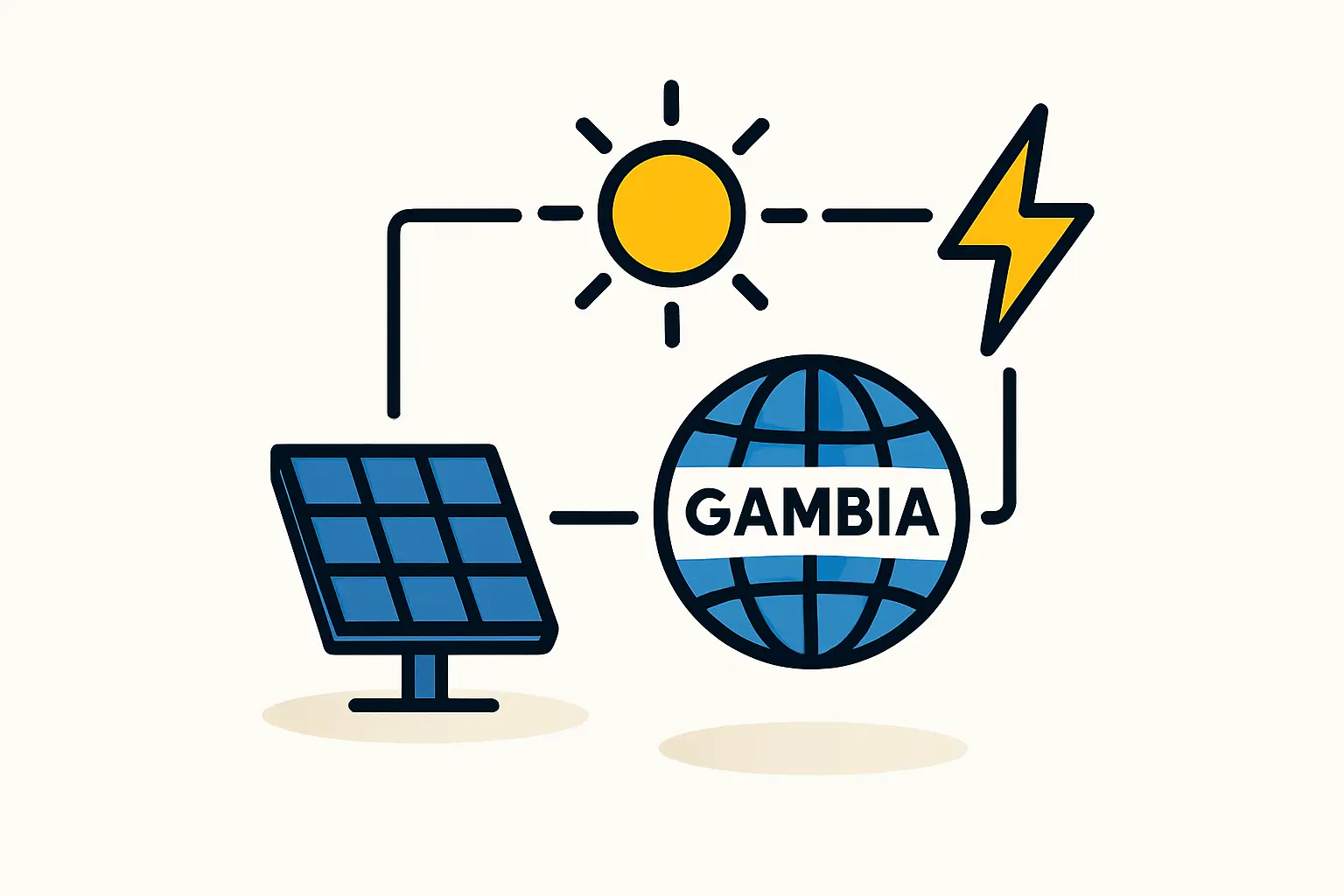
Ensuring Continuity in the Tourism Sector
Tourism is another vital pillar of The Gambia’s economy. Hotels, eco-lodges, and resorts require a constant, reliable power supply to meet international standards and ensure guest satisfaction. The state of the national grid, however, makes maintaining this consistency a daily operational challenge.
How Local Solar Panels Serve the Tourism Industry:
-
Operational Reliability: For a hotel, a power outage can mean no air conditioning, refrigeration, or lighting—a recipe for dissatisfied guests. Solar installations, often paired with battery storage, provide an uninterrupted power supply, safeguarding an establishment’s reputation and revenue.
-
Cost Reduction: By generating their own electricity, hotels can dramatically reduce their dependence on expensive grid power and diesel fuel, leading to significant operational savings that can be reinvested into the business.
-
Eco-Tourism and Branding: Environmentally conscious travel is a growing global trend. Establishments powered by clean, renewable energy can market themselves as ‘green’ or ‘eco-friendly,’ attracting a discerning clientele and setting themselves apart from competitors. This sustainable branding is especially relevant for lodges located in or near nature reserves.
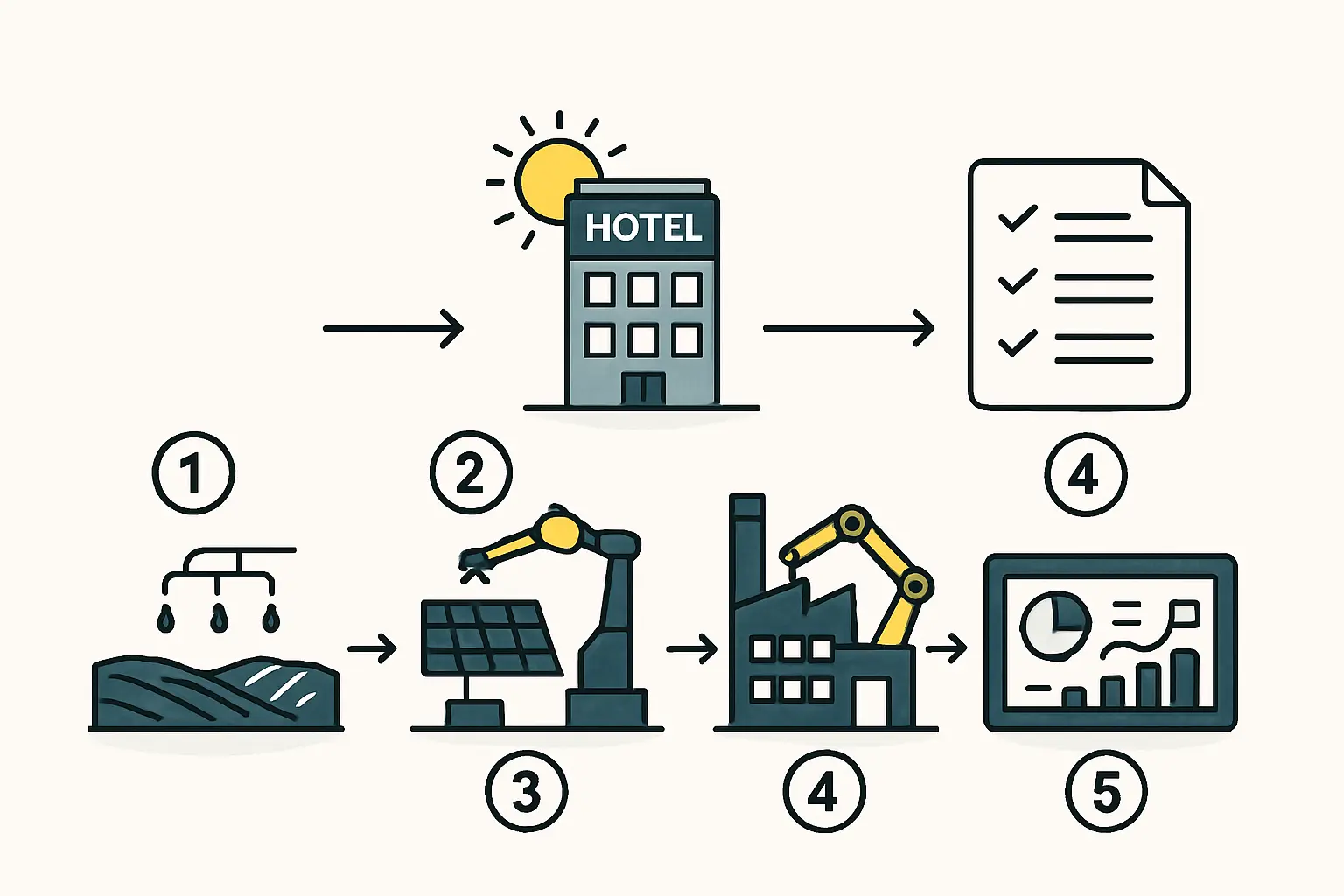
The Compelling Case for Local Manufacturing
While importing solar panels is an option, establishing a local manufacturing facility offers distinct strategic advantages for both the entrepreneur and the national economy. Understanding these benefits is crucial for anyone considering starting a solar panel business.
-
Reduced Supply Chain Costs and Delays: Importing finished panels involves significant shipping costs, logistical hurdles, and potential customs delays. Local assembly mitigates these risks, ensuring a more predictable and cost-effective supply.
-
Customization for Local Conditions: Panels can be designed and built to withstand specific local environmental factors, such as high temperatures, humidity, or dust, potentially leading to better performance and a longer lifespan.
-
Job Creation and Economic Impact: A local factory creates skilled jobs and contributes to the industrialisation goals outlined in The Gambia’s National Development Plan. This alignment with government objectives can often lead to greater institutional support.
-
Increased Availability and Service: Having a local source for solar panels means faster availability for projects and the potential to offer local repair and maintenance services, building long-term customer relationships.
While the initial investment required for a facility is a key consideration, government incentives can help offset this. The Gambian government has demonstrated its commitment to renewable energy through its Renewable Energy Act of 2013 and policies offering VAT and import duty exemptions on renewable energy equipment.
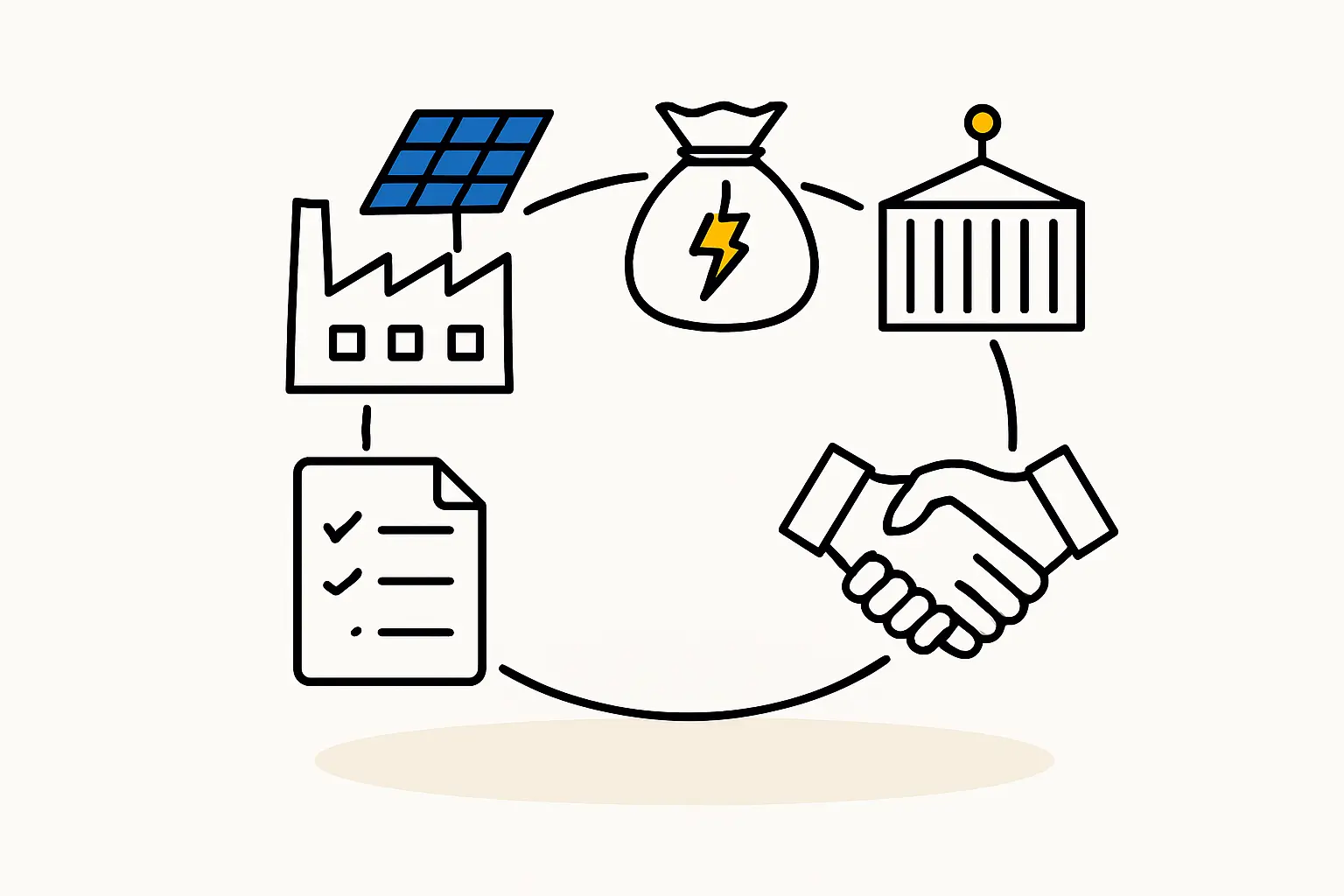
Frequently Asked Questions (FAQ)
- Why is local manufacturing a better strategy than simply importing panels?
Local manufacturing provides greater control over the supply chain, reduces shipping costs and delays, allows for product customization, and creates local employment. It transitions the business model from simple trading to industrial value creation, which often aligns better with national economic goals and may attract government support.
- What is a typical factory size for a market like The Gambia?
For a market of this scale, a semi-automated assembly line with a capacity of 20 to 50 MW per year is often a suitable entry point. This size allows for serving key commercial clients in agriculture and tourism while remaining manageable in terms of initial investment and operational complexity.
- What are the main government incentives available for this type of business?
The Gambian government, through its National Development Plan and related policies, offers incentives such as exemptions from Value Added Tax (VAT) and import duties on renewable energy products and manufacturing equipment. It is advisable to consult with local investment authorities for the most current information.
- How complex is the assembly process for solar panels?
The solar panel manufacturing process involves several distinct stages, from cell stringing and bussing to lamination and framing. With a turnkey production line and proper staff training, the process is systematic and does not require a pre-existing workforce of solar experts. Based on experience from J.v.G. turnkey projects, a well-structured training program is fundamental to success.
Next Steps for Deeper Exploration
The convergence of abundant natural resources, high energy costs, and supportive government policies in The Gambia creates a compelling case for investing in local solar panel manufacturing. For entrepreneurs and business leaders ready to move from market awareness to operational planning, the next steps are clear: develop a comprehensive business plan, understand the technical requirements of a production line, and secure financing.

